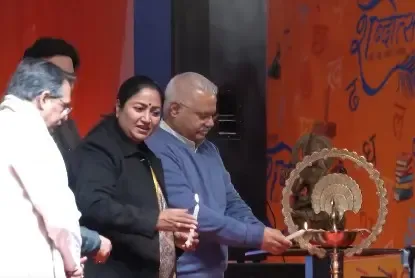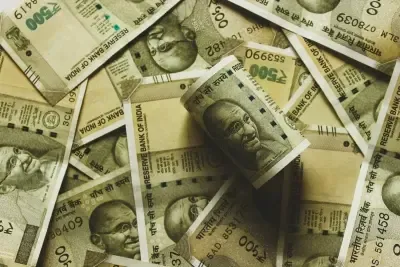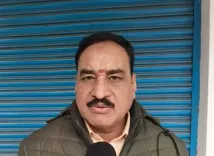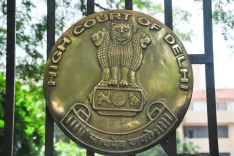Has the SC Unearthed Bengal Govt's Delay Tactics on DA Issue?
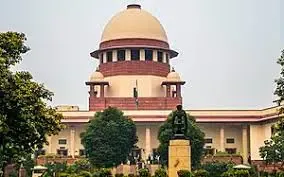
Synopsis
Key Takeaways
- Supreme Court recognizes attempts to delay proceedings.
- Bikash Ranjan Bhattacharya advocates for timely payments.
- State government questioned for lack of clarity in DA payments.
- Judicial accountability is critical for employee rights.
- Potential financial obligations could weigh heavily on the government.
Kolkata, Aug 4 (NationPress) The Supreme Court has recognized the strategies employed by the West Bengal government to postpone the hearing regarding a contempt-of-court petition related to its failure to adhere to a previous court order mandating the payment of 25 percent Dearness Allowance (DA) arrears to its employees by June 30, noted senior advocate Bikash Ranjan Bhattacharya on Monday.
As a CPI(M) Rajya Sabha MP, Bikash Ranjan Bhattacharya serves as one of the representatives for the state government employees involved in the DA case.
During the hearing at the Supreme Court’s Division Bench presided over by Justice Sanjay Karol and Justice Prashant Kumar Mishra, the state government’s counsel requested additional time to present their argument.
Initially, the Division Bench appeared reluctant to grant any further delay, insisting that the case be addressed that very day. Ultimately, however, they resolved to resume the hearing on the following day while dismissing the state government's request to schedule the next hearing for August 11.
The Division Bench expressed skepticism regarding the reasons provided by the involved parties for postponement.
Bikash Ranjan Bhattacharya challenged the West Bengal government's assertion that while the Supreme Court mandated payment of a specific percentage of DA arrears, it had not defined the exact amount to be paid.
“The court’s role is to issue a verdict based on existing legal frameworks. It is not the court's duty to determine the exact amount, nor is it their responsibility to ascertain who would do so. Their strategy seemed aimed at stalling the proceedings as long as possible. They are acutely aware that if the state employees prevail, the administration will be liable for the full Dearness Allowance arrears,” Bikash Ranjan Bhattacharya elucidated.
According to the state government’s presentation to the Supreme Court, a committee has been established to assess the precise amount that needs to be allocated to the employees in compliance with the court’s order.



